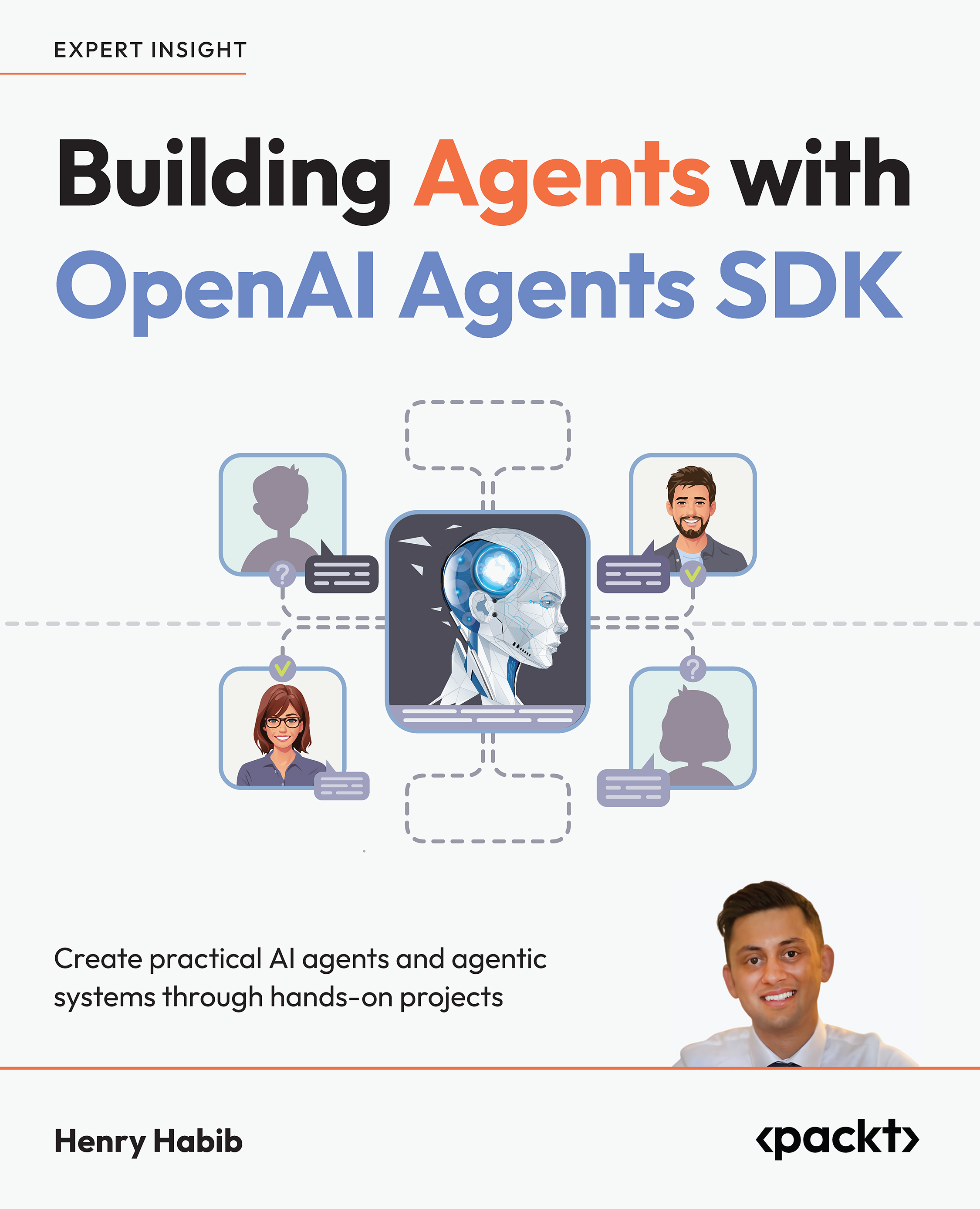Telemetry in Go 1.23 and beyond
Go 1.23 introduces a new feature allowing users to enable telemetry, which helps the Go team collect data about toolchain usage to improve performance and fix bugs. By default, telemetry data is only stored locally, but users can choose to upload it by enabling the option. This feature started with Go's language server and has already helped identify and fix bugs.
Nginx Logging - A Comprehensive Guide
Nginx logging involves recording crucial information such as client requests and errors to help monitor and manage a web server's performance. Logs are stored in two main files: the access log (records requests and their details) and the error log (captures issues encountered during operations). Nginx logs can be customized for clarity or to capture specific details using the `log_format` directive, and can be stored locally or managed through Docker for ease of access. Structured logging with JSON format can also be implemented to streamline the analysis, making it easier to debug or monitor Nginx's performance efficiently.
My Methodology to AWS Detection Engineering (Part 2: Risk Assignment)
In Part 2 of his AWS Detection Engineering series, the author explains how to assign risk scores to AWS-specific alerts using Splunk's Risk-Based Alerting (RBA). The methodology involves filtering AWS detections, assigning default severity and fidelity scores, and expanding the risk object to cover multiple data fields (like instance IDs or IPs). A base risk score is then calculated by multiplying the severity score with fidelity. The collected data is sent to a risk index for analysis. The author also shares alternative risk assignment methods and emphasizes the importance of tuning detection rules to prevent score inflation.
Comparison of Serverless Development and Hosting Platforms
The post outlines a typical workflow for deploying an application using services like AWS Amplify, which integrates CI/CD processes, secret management, and connections to other AWS resources. Additionally, the author provides a comparison of various serverless platforms regarding supported programming languages, frameworks, and security features, ultimately recommending serverless solutions for simplifying the development lifecycle of cloud-native applications.
Making sense of secrets management on Amazon EKS for regulated institutions
AWS provides tools like Kubernetes Secrets, AWS Secrets Manager, and open-source solutions (e.g., Sealed Secrets) to safeguard sensitive data like passwords and API keys. However, Kubernetes' native secrets management has limitations, as secrets are only base64-encoded, not encrypted. To meet regulatory requirements (e.g., PCI DSS, HIPAA), regulated industries often use enhanced solutions like the External Secrets Operator (ESO), AWS Secrets Store CSI Driver, and Sealed Secrets to encrypt and securely manage secrets, ensuring compliance and operational security.
 United States
United States
 Great Britain
Great Britain
 India
India
 Germany
Germany
 France
France
 Canada
Canada
 Russia
Russia
 Spain
Spain
 Brazil
Brazil
 Australia
Australia
 Singapore
Singapore
 Canary Islands
Canary Islands
 Hungary
Hungary
 Ukraine
Ukraine
 Luxembourg
Luxembourg
 Estonia
Estonia
 Lithuania
Lithuania
 South Korea
South Korea
 Turkey
Turkey
 Switzerland
Switzerland
 Colombia
Colombia
 Taiwan
Taiwan
 Chile
Chile
 Norway
Norway
 Ecuador
Ecuador
 Indonesia
Indonesia
 New Zealand
New Zealand
 Cyprus
Cyprus
 Denmark
Denmark
 Finland
Finland
 Poland
Poland
 Malta
Malta
 Czechia
Czechia
 Austria
Austria
 Sweden
Sweden
 Italy
Italy
 Egypt
Egypt
 Belgium
Belgium
 Portugal
Portugal
 Slovenia
Slovenia
 Ireland
Ireland
 Romania
Romania
 Greece
Greece
 Argentina
Argentina
 Netherlands
Netherlands
 Bulgaria
Bulgaria
 Latvia
Latvia
 South Africa
South Africa
 Malaysia
Malaysia
 Japan
Japan
 Slovakia
Slovakia
 Philippines
Philippines
 Mexico
Mexico
 Thailand
Thailand















